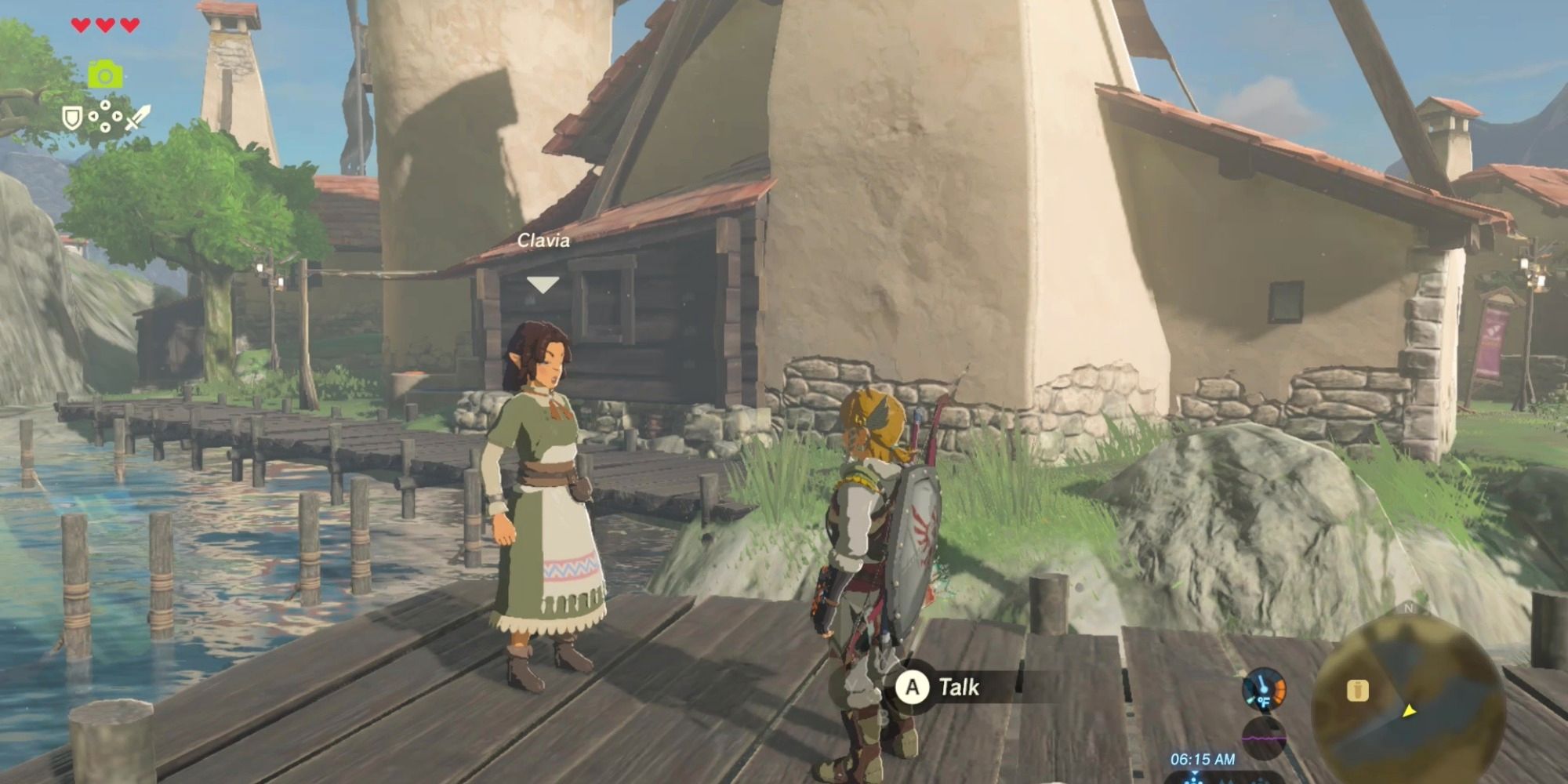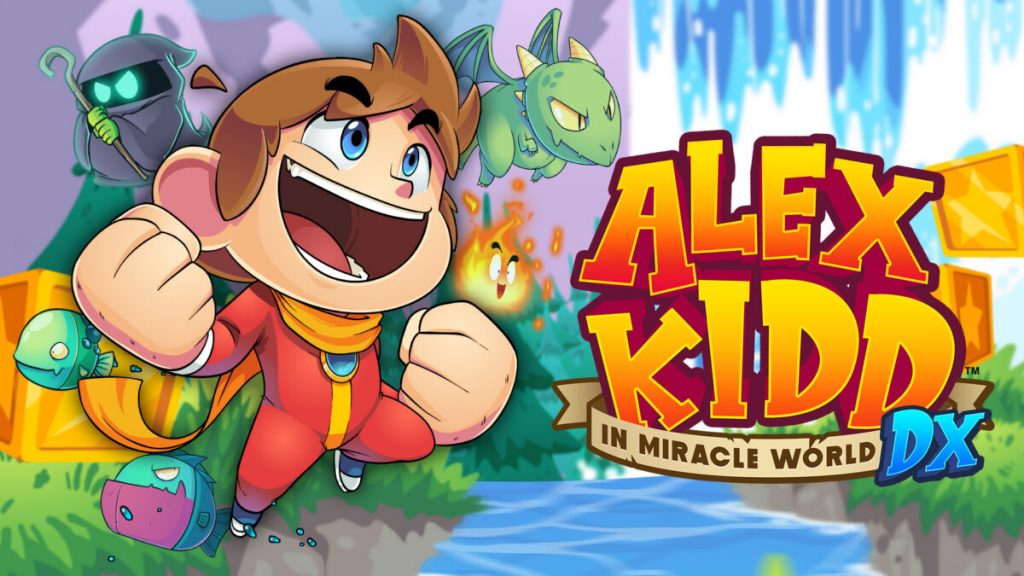When it comes to open-world RPGs, no series is more well-known than The Elder Scrolls franchise. While the games have been especially popular since the release of The Elder Scrolls V: Skyrim a decade ago, they have been a staple of the RPG genre for far, far longer.
RELATED: Most Iconic Elder Scrolls Armor Sets (& Some That Need More Love)
Early Elder Scrolls games like Arena, Daggerfall, and Morrowind were completely different than the more recent Oblivion and Skyrim. Not only were they naturally much more difficult being RPGs from the '90s and early 2000s, but they also offered gameplay mechanics and tropes that have largely been abandoned by the series in modern iterations.
Star Signs, Custom Classes, And Similar Customizations

When starting out a new game in every mainline Elder Scrolls game except Skyrim, players are almost immediately given a number of character-building options to customize. Morrowind and Oblivion, for example, give the player the choice to make a custom class with a focus on particular attributes, and just about every entry offers Star Signs from the get-go.
In Skyrim, the class and star sign systems were taken away for a more open-ended character progression and the introduction of Standing Stones. Many players miss these classic RPG character systems from the other Elder Scrolls games, though, and are hoping The Elder Scrolls VI will bring back some of these mechanics that the series was once known for.
No Quest Markers Means NPC Dialogue Is More Important…
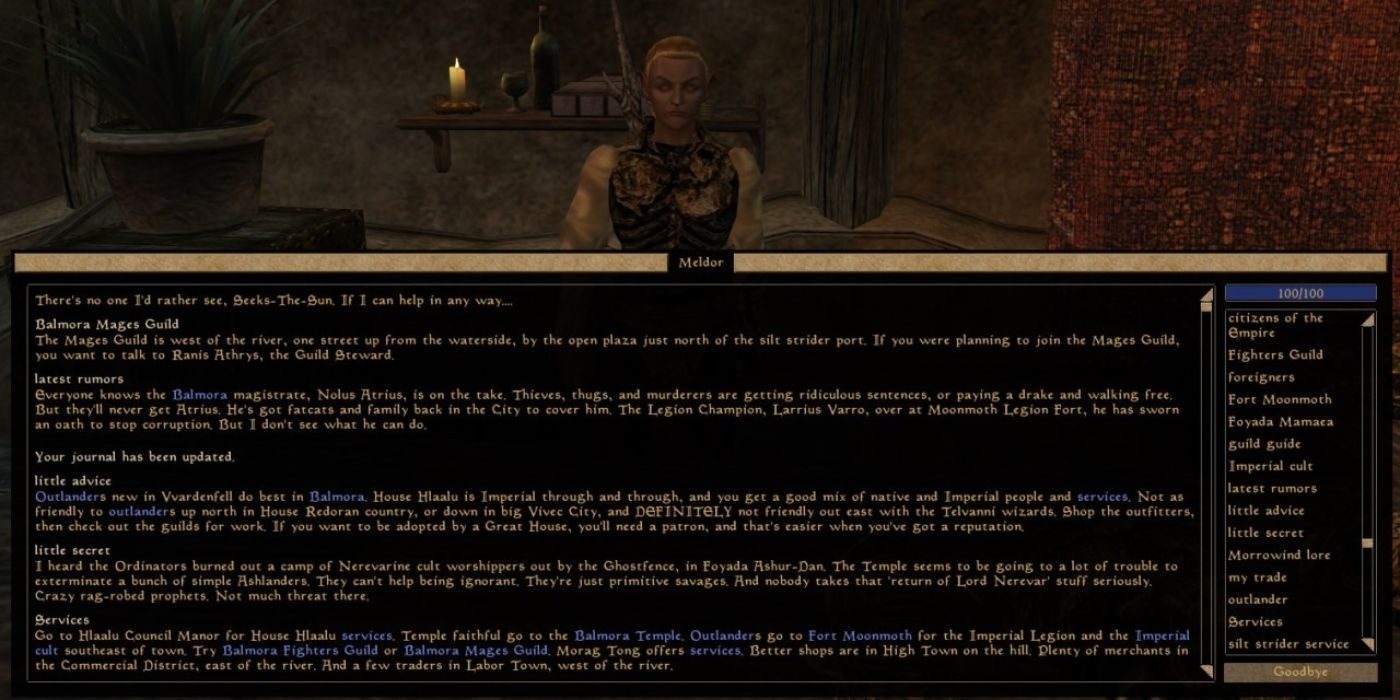
While Oblivion and Skyrim (and The Elder Scrolls Online) practically guide the player to their next objective with NPC, map, and quest markers, earlier Elder Scrolls games did no such thing. In Morrowind, which has an accessible overworld map, players have to pay attention to their surroundings and follow directions to get to their quest locations.
Some modern games like Red Dead Redemption 2 have made decent attempts to bring this type of gameplay back as it helps to immerse players in the world that is being presented. On the other hand, it's a lot more to keep track of, and it's easy to get lost when directions aren't as clear as they could be.
…And The Journal Catalogues Text Chronologically, Not By Quest
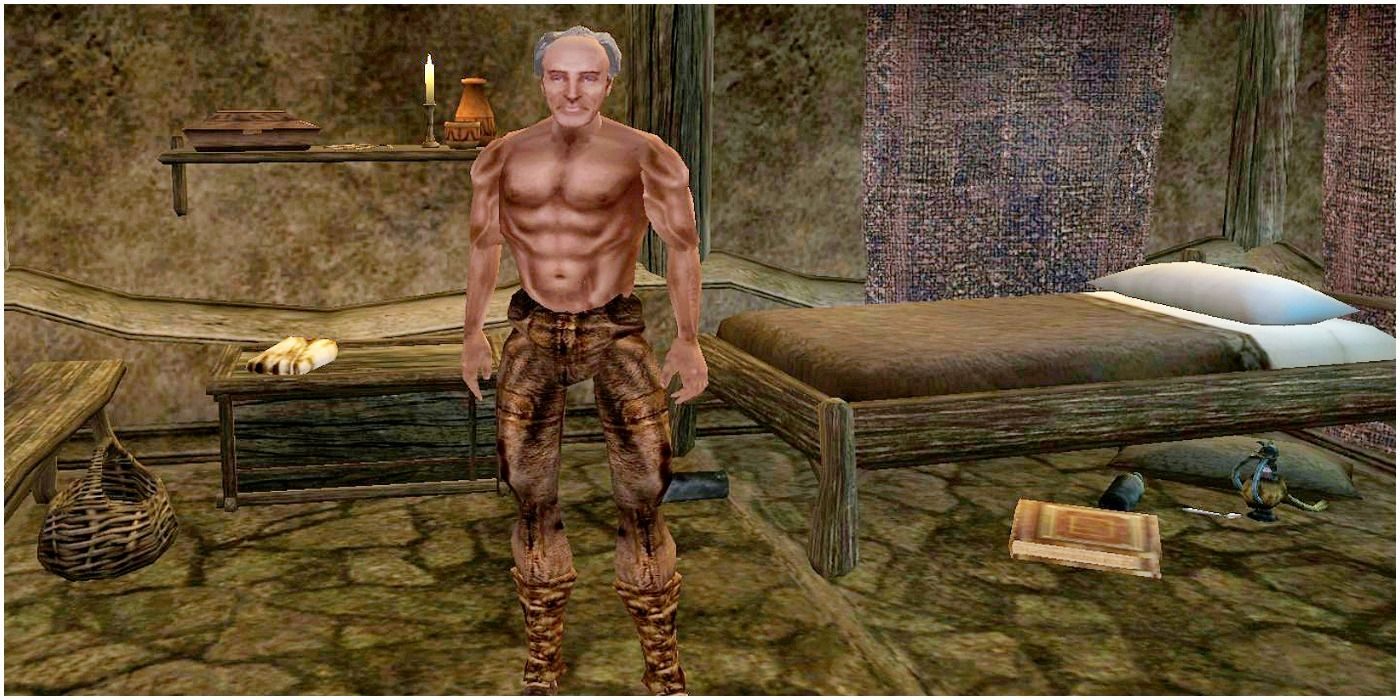
One of the common tropes of the early Elder Scrolls games was how simultaneously confusing and detailed the player's journal can be. In Morrowind quests are written into the player's journal as they happen, and can't be sorted by quests like in Oblivion and later games, meaning it's very common for players to remember page numbers for important details.
RELATED: Skyrim: Mods That Leave High Expectations For The Elder Scrolls 6
Mechanics like this tend to divide players. On one hand, it's incredible for immersion to have detailed directions, quest objectives, and names all cataloged in the order they were received. On the other hand, quests can be easily lost if not being actively tracked, and it can be easier to get quests completed when they are sortable.
Starting Out Exclusively As A Prisoner

The most common trope throughout the Elder Scrolls games is that the player always starts out as a prisoner of some description. In Arena the player is imprisoned by Jagar Tharn, in Daggerfall the player starts in a dungeon, in Morrowind it's a prison ship, and the player in Oblivion is freed by the Emperor – and then there's also Skyrim's famous opening.
However, The Elder Scrolls Online offers a multitude of different starts (including a prisoner in Coldharbor), and the upcoming Skyrim: Anniversary edition features creation club content that allows for alternative starts. This means that the most recent two Elder Scrolls games have not forced the player to start in a prison, though it's likely The Elder Scrolls VI will continue the trend.
The Games Were Extremely Hard Before Oblivion
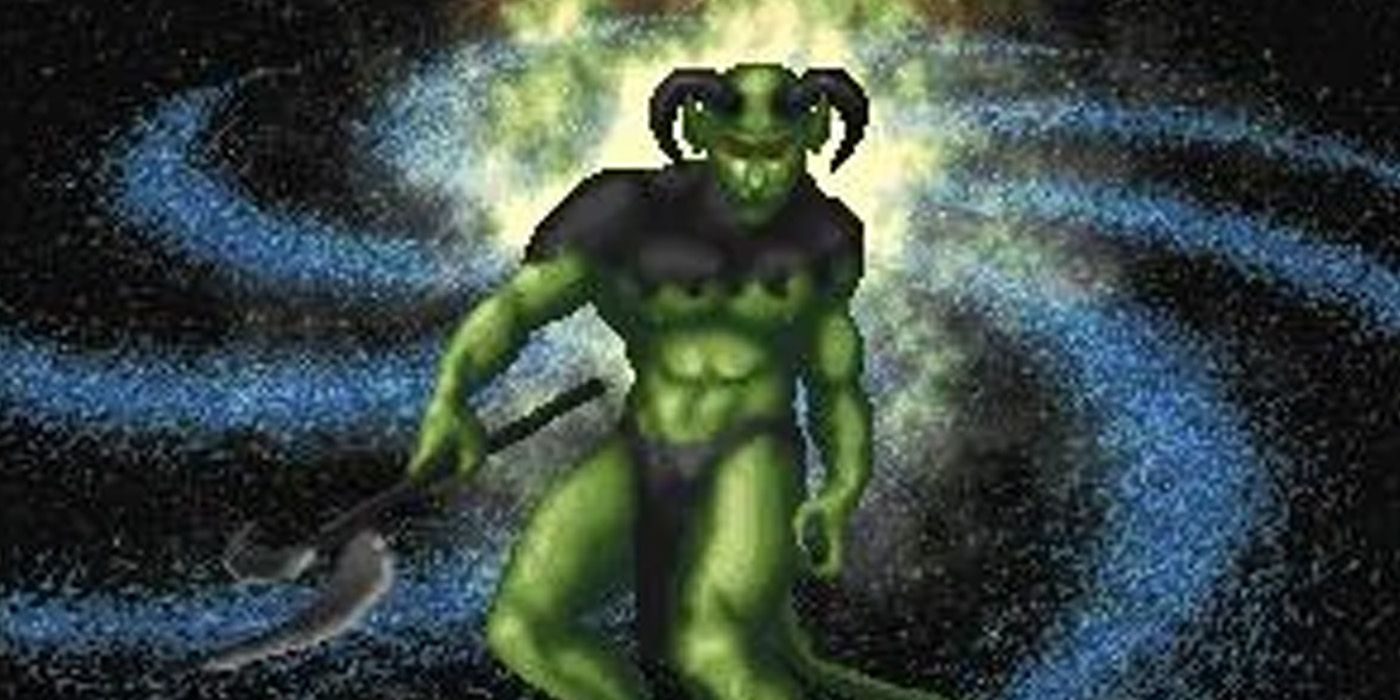
Before Oblivion was released, the Elder Scrolls franchise was known for its incredible difficulty. This is partly the fault of now-dated systems like the quest journal and a lack of a map, but it's also because the games didn't hold back in challenging players.
RELATED: Mistakes Everyone Makes On Their First Playthrough Of The Elder Scrolls IV: Oblivion
The introductory segment for every game up to Oblivion can be completed in about 5 minutes. Morrowind's tutorial consists of a single bureaucratic building, while Oblivion's sets up the main story, introduces every combat mechanic, takes the player through a basic dungeon, and then sets them out on their adventure only when the developers are ready to let go of the player's hand.
Magicka Users Always Had The Most Powerful Builds
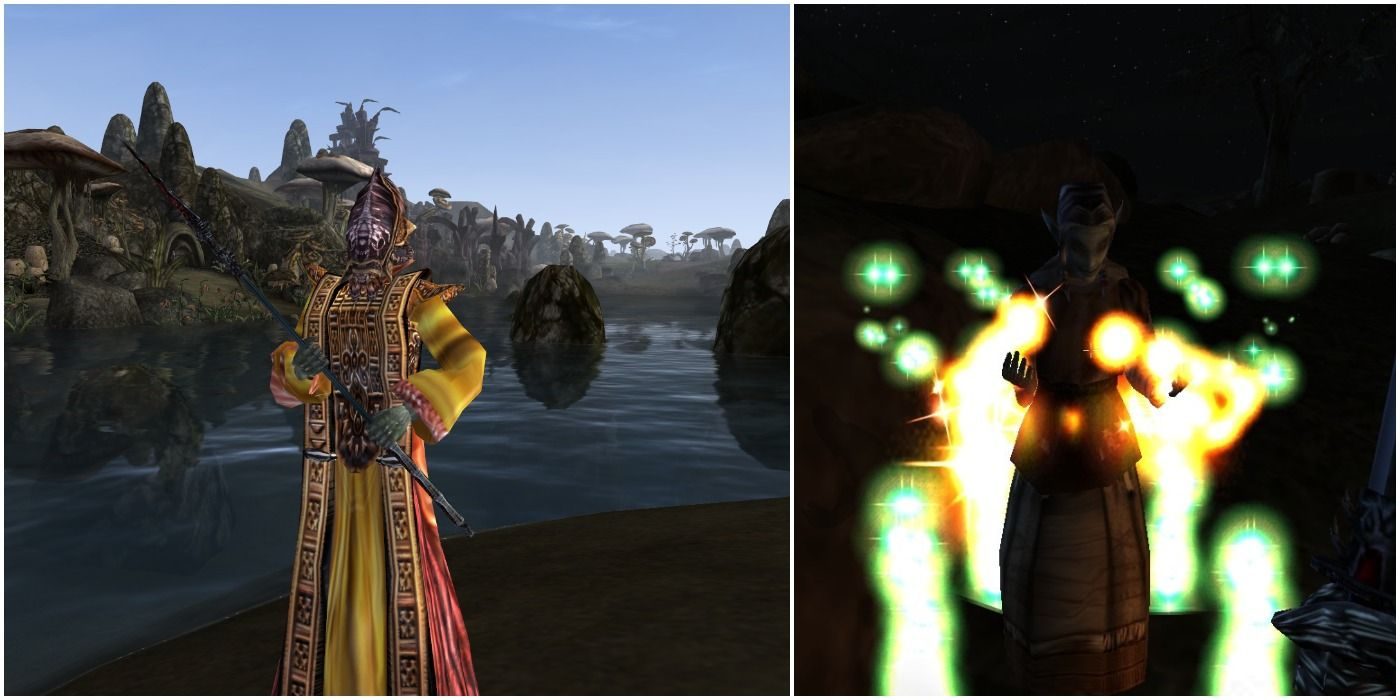
Until Skyrim, focusing on Magicka-based abilities was a near-guaranteed way to make the game easier. While Magicka builds are harder to get into at first, they always ended up being overpowered compared to melee or ranged builds thanks to the variety of high-tier spells and features like spellcrafting.
While being a Mage is totally possible in Skyrim, it's not nearly as overpowered as it was even in Oblivion. Spellcrafting as a mechanic is sorely missing from Skyrim, though it was probably removed to keep Mage builds balanced with the rest of the game.
Questionable (But Hilarious) NPC Interactions
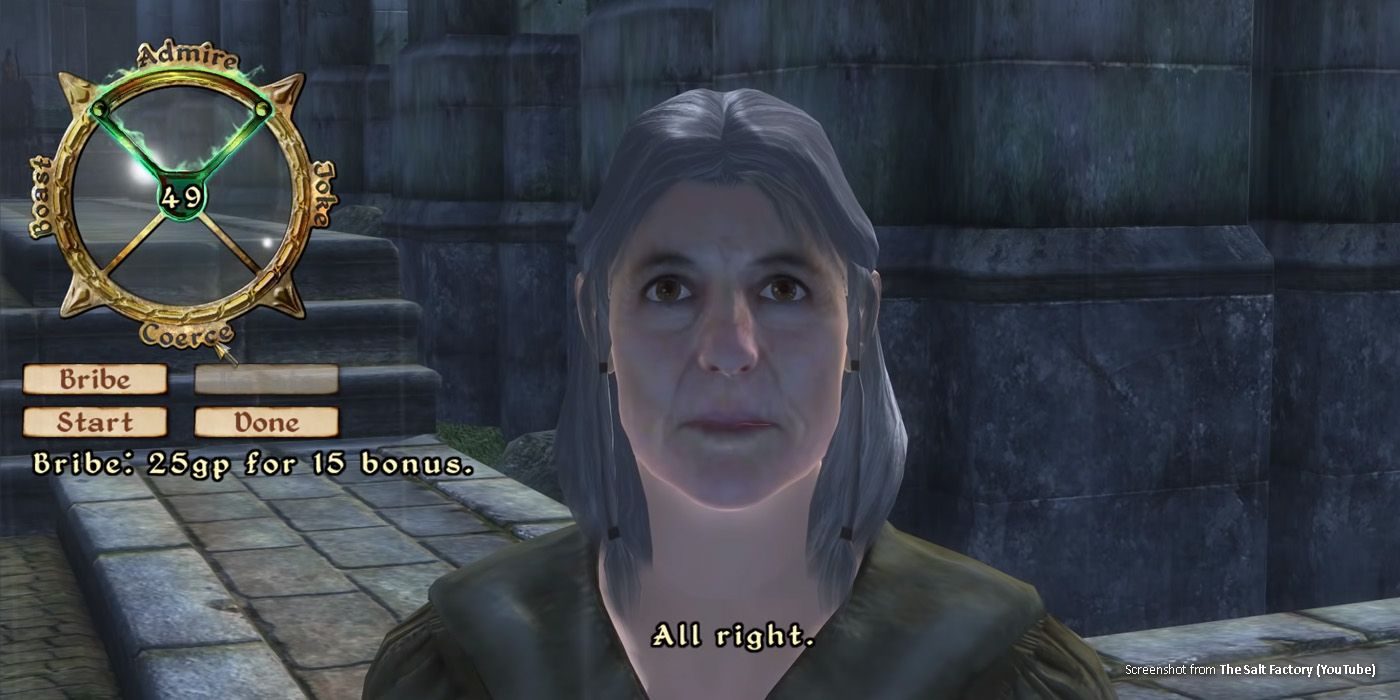
Before Skyrim and The Elder Scrolls Online NPCs and voice acting throughout the Elder Scrolls series were diverse, to say the least. Characters like Jiub from Morrowind or the guards from Oblivion are vocal standouts to be certain, but there are a number of NPCs (like Oblivion's Dunmer) who got the shaft when it comes to VA. For the most part, Skyrim has great VA throughout.
Additionally, almost every Elder Scrolls game has AI systems in place to create a living world around the player, including NPC routines and interactions. Sometimes, though, these systems break, leading to hilarious encounters like a man telling everyone he meets that he doesn't care for them in Oblivion, or a thief saying the money he just stole "means nothing to me".
NEXT: Video Game Worlds Bigger Than The Elder Scrolls: Skyrim

